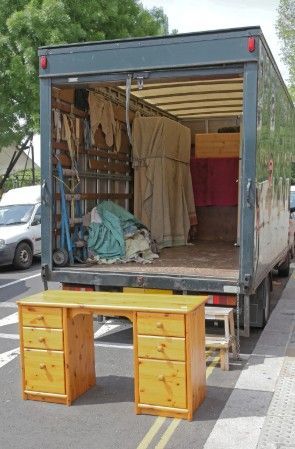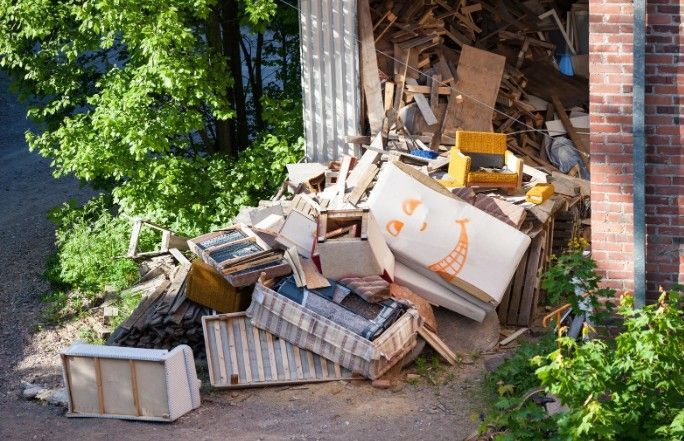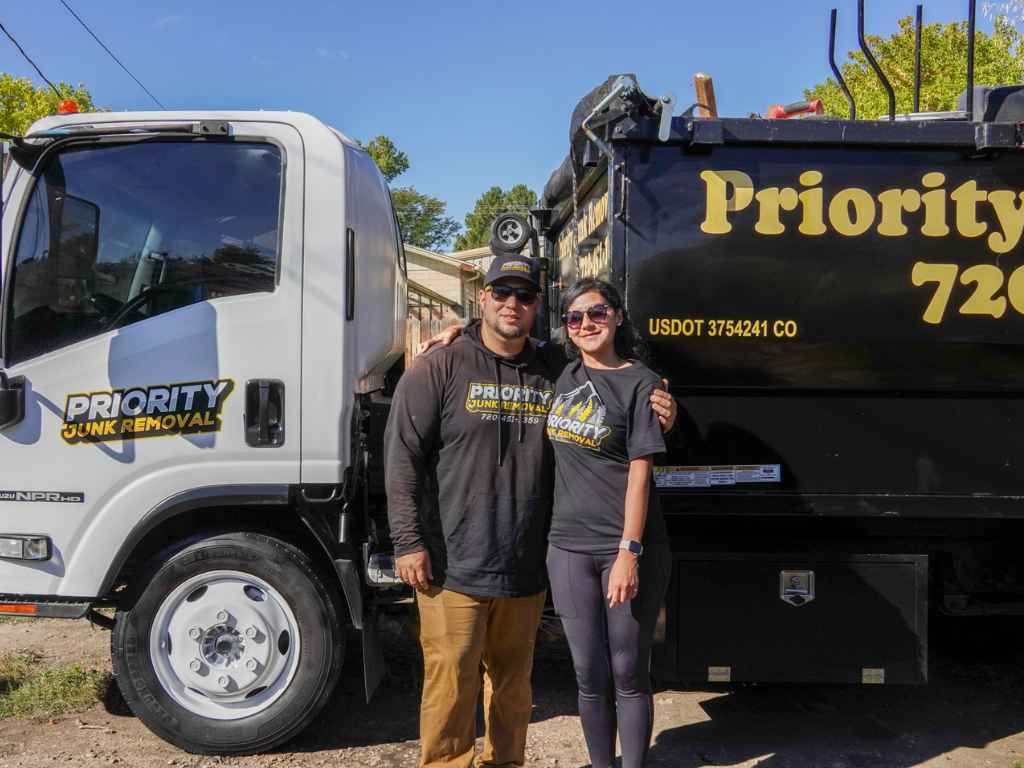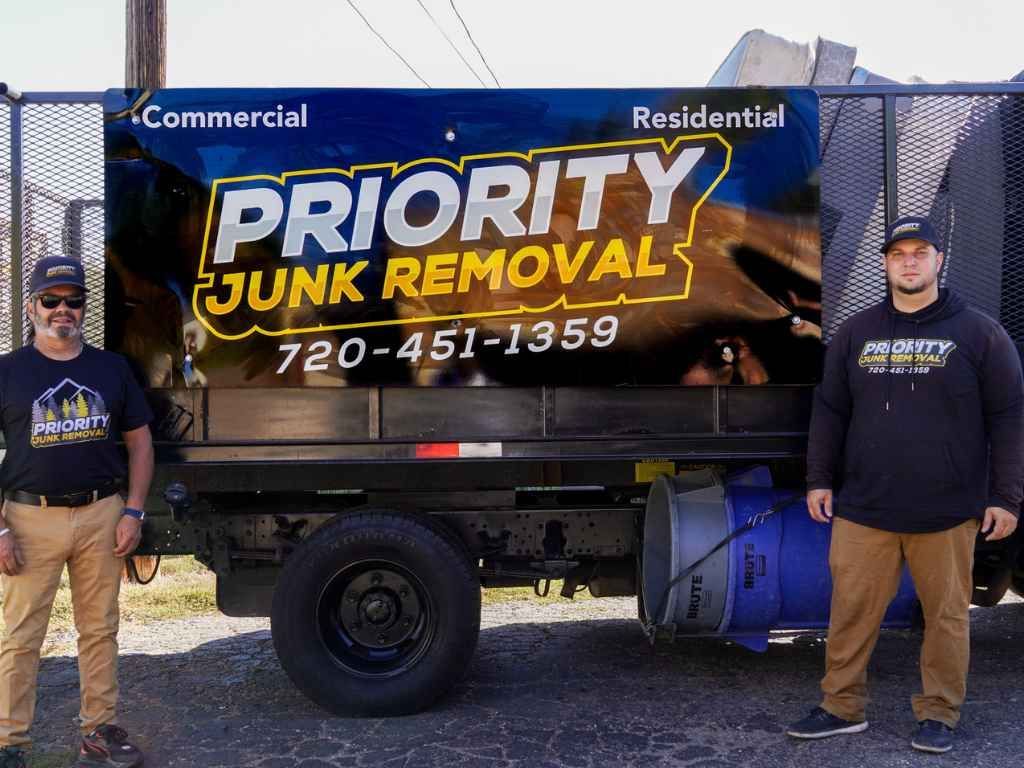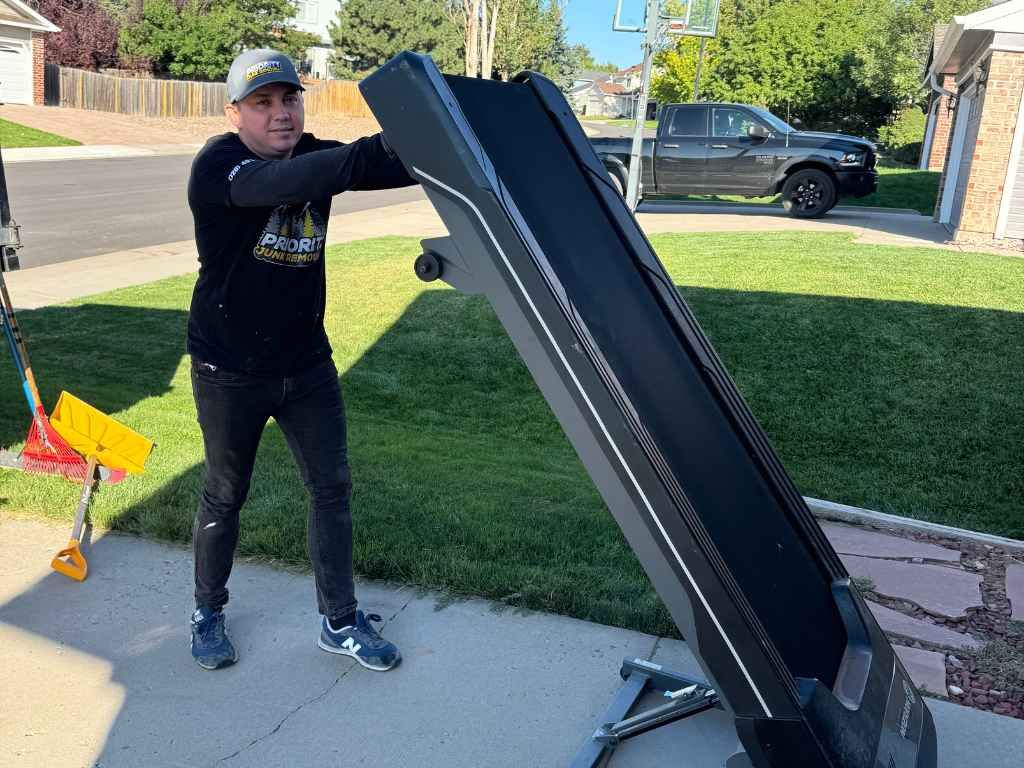How to Declutter When You Live with a Hoarder
Living with someone who struggles to let go of things isn't just a matter of cluttered corners and overstuffed closets. It’s an emotional maze, often shadowed by denial, sentiment, and a quiet resistance to change. The process of decluttering in this dynamic becomes more than just a physical task. It transforms into a dance of patience, understanding, and strategy.
At the intersection of practicality and compassion lies a roadmap. This path includes small wins, consistent routines, and the occasional outside help. And within this unsteady rhythm, a plan can emerge—one that doesn’t just clear space but restores peace. Because when you’re knee-deep in the disarray of someone else’s emotional landscape, the way forward can’t be rushed. It has to be felt, timed, and tailored to both the mess and the memory behind it.
Why Hoarding Challenges Traditional Cleanups
Unlike a regular cleanout, where items hold function more than feeling, hoarding situations are deeply emotional. Things that appear useless to others are often clung to as lifelines. This emotional attachment makes traditional cleanup efforts feel invasive, triggering resistance or even distress. You can’t simply call in a crew, point to the mess, and expect cooperation.
Add to this the logistical challenge: rooms blocked, hallways narrowed, even safety hazards hidden beneath layers of belongings. There’s no one-size-fits-all approach here. Each room is a story, each item a memory. And unless you tread carefully, the act of removing junk can backfire. Progress requires subtlety, and that’s what separates a thoughtful cleanup from an emotional catastrophe.
Building Trust Before the First Box is Touched
Before hands meet clutter, trust must be built. You can’t expect someone who hoards to welcome your assistance with open arms if the conversation begins with criticism. Their things are part of their identity—pieces of control in a world that often feels chaotic. So, it starts with dialogue. Honest, soft-spoken discussions that plant seeds of change without demanding immediate results.
Rather than emphasizing the mess, highlight the potential: clearer walkways, fresher air, less anxiety. Create small goals together—like clearing one drawer, not the entire room. Praise every win, no matter how minor. And understand that setbacks aren’t failures; they’re just part of the process. Through this nurturing pace, trust grows. And with it, so does the willingness to let go. Trust doesn’t arrive with trash bags and labels. It blossoms with patience.
Recognizing When the Clutter Becomes a Crisis
There’s a point where clutter stops being quirky and starts becoming dangerous. Mold may hide beneath newspapers. Pests may nest in untouched piles. And emergency exits can vanish beneath forgotten things. Recognizing the tipping point is essential—not just for cleanliness, but for safety. If breathing becomes harder, rooms grow darker, or movement narrows, it’s no longer just about aesthetics.
Living among hoards can trigger respiratory issues, anxiety spikes, and even fire hazards. And in Littleton’s changing seasons, where cold snaps and dry summers alter indoor risks, the stakes get higher. When clutter begins to threaten well-being, intervention is no longer optional—it’s necessary. That’s when you must weigh compassion against consequence. Because sometimes, protecting someone you care about means facing uncomfortable truths. Safety must speak louder than sentiment.
Setting Boundaries Without Breaking Relationships
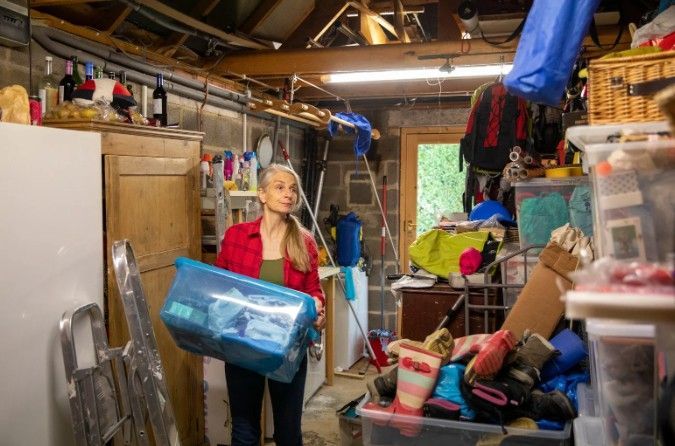
Decluttering doesn’t mean demolishing relationships. But living in a hoarded home requires boundaries as much as it requires understanding. If one person wants clean spaces while the other clings to every object, compromise becomes essential. Not every room needs to be touched at once. Start with shared areas—the kitchen, the hallways, the bathroom. Set clear zones where clutter isn’t allowed.
Approach these boundaries as mutual agreements, not ultimatums. If resistance flares, revisit the conversation. Flexibility matters, but so does consistency. And if things spiral, revisit the why. Why do these boundaries matter? Because mental health thrives in clean spaces. Because safety depends on walkable floors. Because dignity deserves breathing room. And because cohabitation without boundaries eventually becomes a war zone.
Introducing Help Without Causing Panic
The idea of outside help often triggers alarm bells for someone with hoarding tendencies. Strangers touching their things? A whirlwind of removal with no say? That’s the nightmare scenario. But help, when introduced delicately, can be transformative. Emphasize that professional junk removal isn’t a bulldozing squad—it’s a respectful service tailored to sensitive situations.
In Littleton, junk removal teams understand this nuance. The best services offer discretion, custom planning, and an eye for emotional cues. Their job isn’t just to haul—it’s to handle. If the person hoarding sees the cleanup as a collaborative process rather than an ambush, panic lessens. Focus on small areas first. Let them lead decisions. The more control they feel, the more cooperation you gain. Change, after all, feels safer when it’s shared.
Using Emotional Anchors to Support Progress
You can’t argue someone out of a hoard. Logic doesn’t dismantle emotional attachment. But emotion—when redirected—can pave the way for letting go. Use emotional anchors. Talk about future family visits, shared meals in the kitchen, or a bedroom reclaimed for rest. Tie the act of decluttering to something hopeful.
These anchors provide context, reframing removal not as loss, but as liberation. And they create momentum. Each cleared space becomes a symbol of possibility. When hoarders see not just the absence of things, but the presence of potential, progress picks up pace. Encourage reflection. Invite nostalgia. But let the vision of what could be drive the effort forward. In the world of hoarding, hope is more effective than pressure.
Avoiding the Common Mistakes in Hoarding Cleanouts
Well-meaning intentions often crash when rushed decisions bulldoze over emotional terrain. Throwing things out without consent, mocking the mess, or using guilt as leverage often leads to setbacks that take weeks to recover from. These mistakes don’t just stall the cleanup—they scar the relationship. And once trust is lost, progress becomes uphill.
Instead, prioritize consent. Document conversations. Take photos if needed, but never without permission. Offer options rather than orders. And always check in. How is the person feeling today? Are they overwhelmed? Are they ready for another session? Mistakes in this arena come from moving too fast. But change that sticks? That happens slowly. With care, not criticism. With understanding, not urgency.
Knowing When to Let Professionals Take Over
There comes a moment when personal efforts hit a wall. The piles are too tall, the tension too thick, and the emotional toll too heavy. That’s the time to hand off the task to professionals trained in sensitive cleanouts. This isn’t defeat—it’s wisdom. Recognizing that some messes require more than personal resolve is a sign of strength, not failure.
In Littleton, professional junk removal companies offer compassionate, judgment-free help. They understand that hoarding isn’t laziness—it’s complexity. With tailored approaches, protective gear, and a firm yet gentle process, these experts restore order without erasing dignity. Their presence can reset the home and the relationship dynamic. Letting go doesn’t mean losing control—it means gaining support when it’s most needed.
Turning Cleanups Into Long-Term Lifestyle Shifts
Decluttering isn’t the finish line—it’s the beginning. Without follow-up habits, even the cleanest home can relapse into chaos. That’s why routines matter. Establish a day each month for sorting. Invest in storage that’s easy to manage. Use visuals—photos of clean rooms—as motivators. And celebrate maintenance wins just like cleanout victories.
Support systems help too. Encourage therapy, support groups, or even digital tools for habit tracking. Keep conversations going. Ask how it feels to live with less. Reflect on the changes. Because true transformation doesn’t happen in one weekend. It evolves through repetition, reinforcement, and reflection. Hoarding isn’t just a clutter issue. It’s a life pattern. And breaking that pattern takes more than one deep clean.
Benefits of Decluttering with Professional Help
- Reclaim Your Space: When clutter consumes your rooms, it chips away at your comfort. By removing the excess, you create a livable, open area that reflects your current lifestyle. Whether it's a garage, guest room, or basement, clearing it out invites calm, usability, and peace of mind back into your daily life.
- Enhance Home Safety: Piles of forgotten stuff can pose serious risks—fire hazards, mold growth, even pests lurking beneath the mess. Professional junk removal ensures these threats are addressed safely and completely. By tackling clutter with care, you're not just cleaning the house—you're protecting your family and creating a healthier, safer living space.
- Improve Mental Wellness: It’s amazing how much our environment impacts our minds. Cluttered surroundings often fuel stress and decision fatigue. A clean, open room offers mental clarity, reduces overwhelm, and helps restore emotional balance. Clearing out junk isn't just a physical task—it’s an act of self-care that supports mental health and calm.
- Strengthen Relationships: Tension rises when shared spaces become chaotic. Clutter can turn everyday interactions into arguments. By decluttering, you create room for cooperation, comfort, and connection. It’s easier to enjoy your home and each other when the space isn’t a constant source of frustration. Less mess, fewer conflicts, happier relationships.
- Begin a Fresh Chapter: Decluttering is more than tossing things—it's making space for the life you want to live. Letting go of what no longer serves you opens the door to new habits, routines, and possibilities. Whether you're downsizing, moving, or simply starting over, a cleaner space signals hope and fresh beginnings.
Conclusion
Whether you're trying to reclaim your home from years of accumulated clutter or supporting a loved one through the emotional and often overwhelming process of hoarding cleanup, the journey requires more than just a few trash bags. It calls for patience, understanding, and a well-thought-out plan. The emotional weight behind each item can make the process feel impossible without the right support. That’s where a trusted, professional team makes all the difference.
If you’re in Littleton and need compassionate, discreet, and effective help clearing the way for a fresh start, contact Priority Junk Removal. Call 720-451-1359 or email priorityjunkremoval@gmail.com today. Let’s turn that chaos into clarity—one step at a time.

